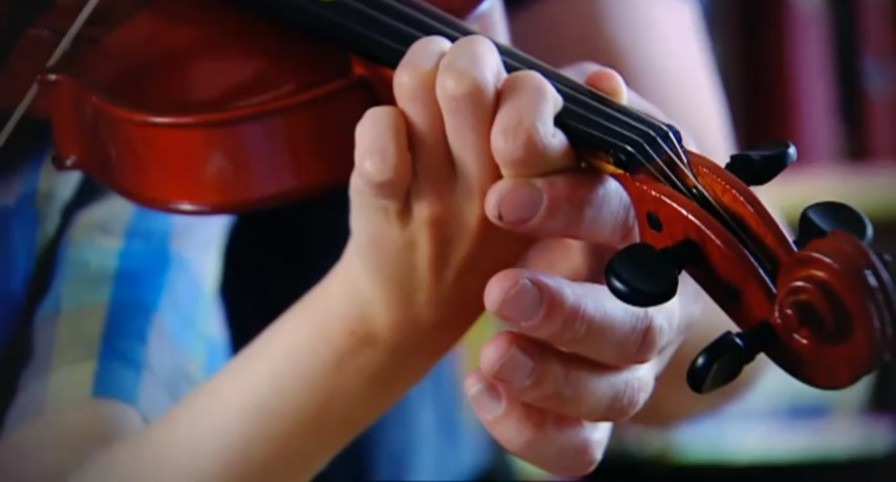Government advice on safeguarding

Safeguarding children - the action we take to promote the welfare of children and protect them from harm - is everyone’s responsibility. The Government has recently published some safeguarding guidance, which contains useful information for all organisations working with children and young people.
The guidance outlines the responsibilities placed on local authorities and voluntary organisations and private sector providers who deliver services to children.
'These organisations should have in place arrangements that reflect the importance of safeguarding and promoting the welfare of children, including:
• a clear line of accountability for the commissioning and/or provision of services designed to safeguard and promote the welfare of children;
• a senior board level lead to take leadership responsibility for the organisation’s safeguarding arrangements;
• a culture of listening to children and taking account of their wishes and feelings, both in individual decisions and the development of services;
• arrangements which set out clearly the processes for sharing information, with other professionals and with the Local Safeguarding Children Board (LSCB);
• a designated professional lead (or, for health provider organisations, named professionals) for safeguarding. Their role is to support other professionals in their agencies to recognise the needs of children, including rescue from possible abuse or neglect. Designated professional roles should always be explicitly defined in job descriptions. Professionals should be given sufficient time, funding, supervision and support to fulfil their child welfare and safeguarding responsibilities effectively;
• safe recruitment practices for individuals whom the organisation will permit to work regularly with children, including policies on when to obtain a criminal record check;
• appropriate supervision and support for staff, including undertaking safeguarding training;
• employers are responsible for ensuring that their staff are competent to carry out their responsibilities for safeguarding and promoting the welfare of children and creating an environment where staff feel able to raise concerns and feel supported in their safeguarding role;
• staff should be given a mandatory induction, which includes familiarisation with child protection responsibilities and procedures to be followed if anyone has any concerns about a child’s safety or welfare; and all professionals should have regular reviews of their own practice to ensure they improve over time;
• clear policies in line with those from the LSCB for dealing with allegations against people who work with children. An allegation may relate to a person who works with children who has:
- behaved in a way that has harmed a child, or may have harmed a child;
- possibly committed a criminal offence against or related to a child; or
- behaved towards a child or children in a way that indicates they may pose a risk of harm to children.’
In addition: • county level and unitary local authorities should have a Local Authority Designated Officer (LADO) to be involved in the management and oversight of individual cases. The LADO should provide advice and guidance to employers and voluntary organisations, liaising with the police and other agencies and monitoring the progress of cases to ensure that they are dealt with as quickly as possible, consistent with a thorough and fair process;
• any allegation should be reported immediately to a senior manager within the organisation. The LADO should also be informed within one working day of all allegations that come to an employer’s attention or that are made directly to the police; and
• if an organisation removes an individual (paid worker or unpaid volunteer) from work such as looking after children (or would have, had the person not left first) because the person poses a risk of harm to children, the organisation must make a referral to the Disclosure and Barring Service. It is an offence to fail to make a referral without good reason.
Paid and volunteer staff need to be aware of their responsibilities for safeguarding and promoting the welfare of children, how they should respond to child protection concerns and make a referral to local authority children’s social care or the police if necessary.’
The ‘Working Together to Safeguard Children’ full guidance is available online.

